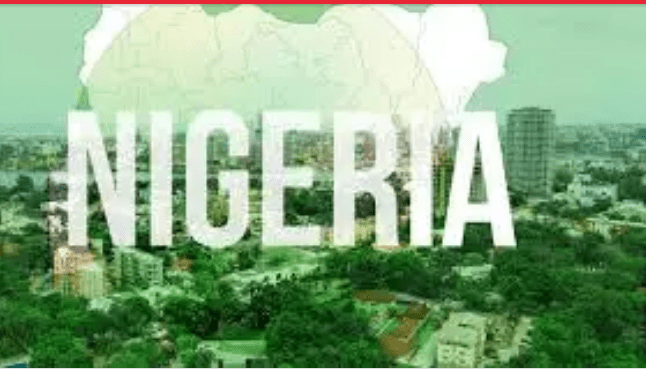Nigeria’s economy operates on two fronts: the official, formal economy that is tracked by government agencies and recorded in statistics, and a vast, unregulated informal sphere driven by non-state economic actors, individuals, groups, and networks whose activities fall outside of state oversight. From sprawling open markets and roadside currency exchanges to black-market fuel dealers and digital ponzi schemes, these actors have grown in power, visibility, and influence. While they often fill gaps left by weak state institutions, their unchecked dominance undermines national development, fiscal stability, and long-term economic planning.
The federal government must take urgent steps to rein in these non-state actors and integrate more of their activities into the real, formal economy. Doing so is not about criminalising livelihoods; it is about building a more stable, transparent, and inclusive system where economic growth benefits the many, not just the few who thrive in the shadows.
The informal sector, which accounts for over 50 percent of Nigeria’s GDP and employs more than 80 per cent of its labour force, plays a vital role in sustaining livelihoods. Yet, much of this activity remains undocumented, untaxed, and unregulated. This limits the government’s ability to mobilise domestic revenue, plan effectively, and provide public services. When trillions of naira change hands outside the tax net, the state is weakened, not only fiscally, but also in terms of authority and legitimacy.
More troubling is the rise of powerful non-state actors who manipulate or bypass economic regulation altogether. In some sectors, informal power brokers set exchange rates, determine fuel prices, or control supply chains, operating in parallel to, or in defiance of state institutions. The result is economic fragmentation: one country, many economies, few rules.
This state of affairs fuels corruption, breeds inefficiency, and discourages investment. Formal businesses struggle to compete with unregulated rivals who pay no taxes, flout labour laws, and ignore standards. Investors, both local and foreign, hesitate to commit capital in an environment where the rule of law is uncertain and parallel structures distort markets. In the long run, this creates a low-trust economy that cannot sustain broad-based growth.
Bringing non-state economic actors into the formal economy requires a combination of enforcement, incentives, and systemic reform. First, the government must strengthen institutions that regulate trade, finance, and taxation. Agencies like the Federal Inland Revenue Service, the Central Bank, and anti-corruption bodies must be empowered and insulated from political interference. Enforcement should target not the struggling petty trader, but the entrenched actors whose informal empires profit from regulatory capture and economic sabotage.
Second, the state must make formality attractive. Many Nigerians operate informally not by choice, but because the costs of formalisation, bureaucratic red tape, high taxes, harassment, are too high. Streamlining business registration, reducing tax burdens for small enterprises, and offering incentives such as access to credit, training, and legal protections can encourage voluntary compliance.
Third, the government must lead by example in building a transparent, rules-based economy. If citizens see that the wealthy and powerful are held accountable, that public funds are used responsibly, and that the state is delivering on its social contract, they are more likely to come into the fold.
Technology offers powerful tools in this effort. Digital platforms can help register informal workers, track financial flows, and deliver social services directly. Nigeria’s successful use of biometric registration and digital wallets for cash transfers during the COVID-19 pandemic shows what is possible when political will meets smart policy.
Ultimately, the informal economy reflects both resilience and failure—resilience of the people, failure of the state. The government must not criminalise survival, but it must not normalise economic lawlessness either. To build a stronger, more equitable economy, the country must bring the informal and formal sectors into closer alignment. This is not just an economic necessity—it is a moral imperative for a country seeking prosperity, security, and stability.
By reining in non-state economic actors and integrating them into the real economy, Nigeria can unlock greater tax revenues, attract more investment, and lay the foundation for a fairer and more functional society. It is time to bring the shadows to light.





